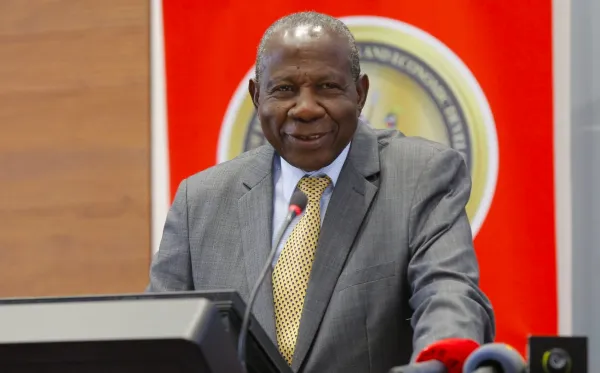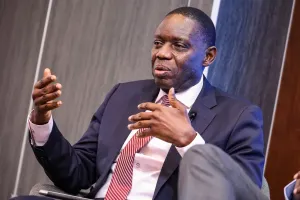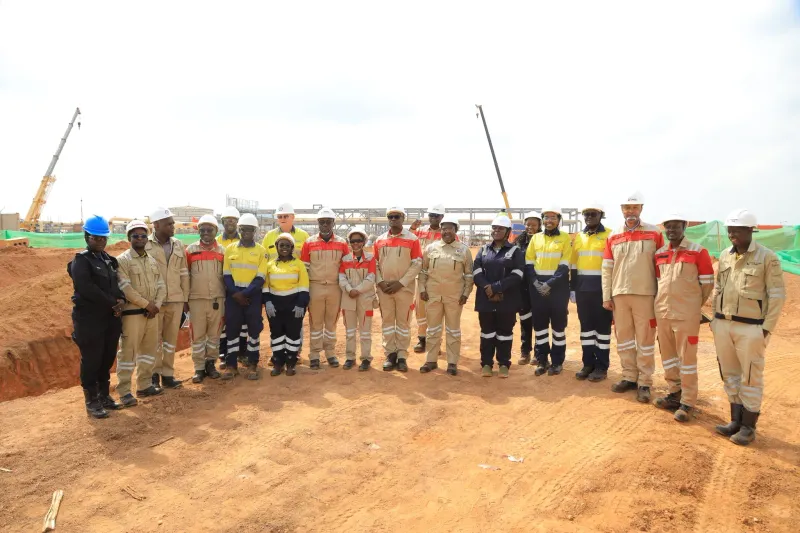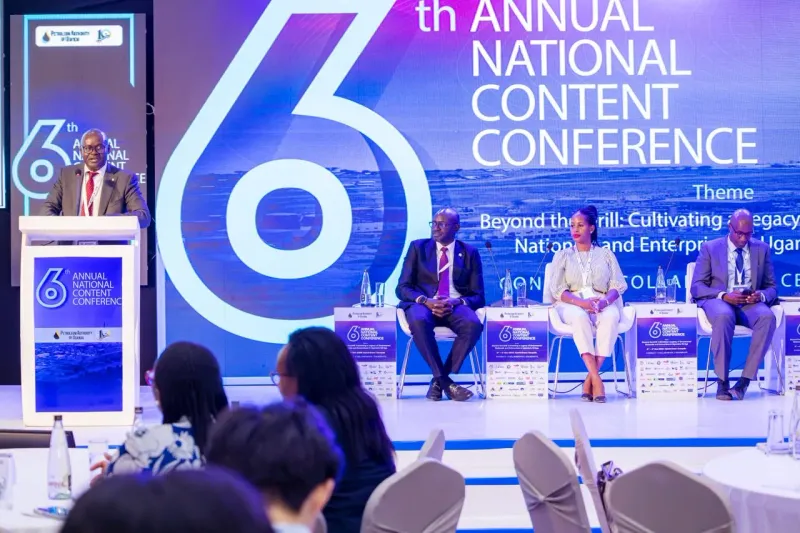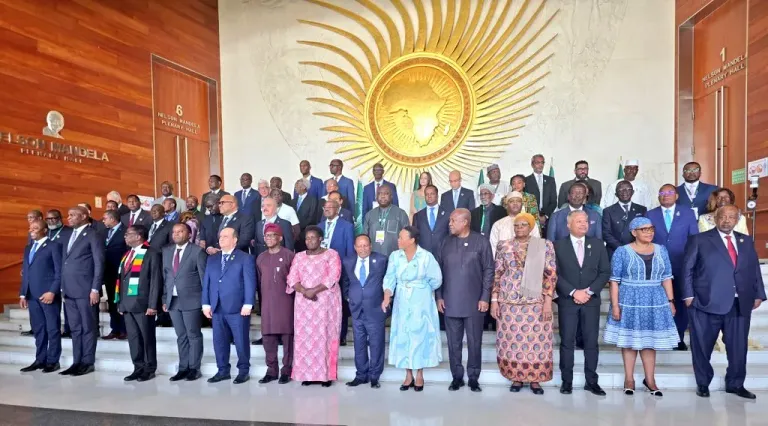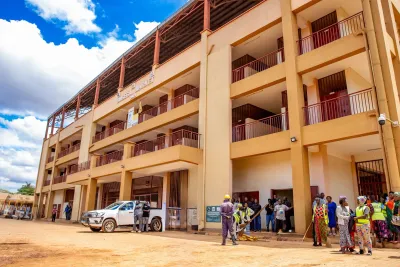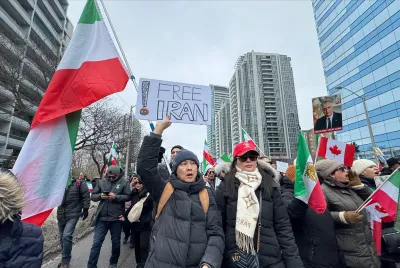Latest News
latest
- Uganda’s 50,000 Electric Boda Boda Plan: Transforming Kampala’s Air Quality
- Norbert Mao Announces Bid for Speaker of Uganda’s 12th Parliament
- UEDCL Assesses Progress on Kawanda to Waligo Power Line Reconstruction to Improve Electricity Reliability in Kira and Namugongo
- Uganda Police Arrest 1,095 Suspects in Major Crime Crackdown
- Makerere University 76th Graduation Ceremony Begins February 24 at Freedom Square
- MakSoy 7N Released: Makerere University Unveils High-Yield, Rust-Resistant Soybean Variety in Uganda
- Uganda to Receive 94,560 Doses of Long‑Acting HIV Prevention Injection Lenacapavir
- U.S. Embassy in Uganda: Visas May Be Denied for Travel to Give Birth in U.S
- Uganda Airlines Grounds Two Long-Haul Aircraft, Disrupts London and Mumbai Flights
- KCCA Clears Street Vendors in Kampala CBD, Relocates Batembeyi to Designated Markets
- Uganda Judiciary Reviews Justice 4 Her Project to Improve GBV Case Handling
- Uganda and UAE Implement Visa Waiver for Diplomatic and Service Passport Holders – February 2026
EACOP Project Reaches 79% Completion as Construction Peaks in Uganda and Tanzania
'The East African Crude Oil Pipeline (EACOP) has reached 79 percent completion, with construction progressing rapidly in Uganda and Tanzania as the project advances toward commissioning in 2026.'




